May 8, 2024 | 12:49 GMT +7
May 8, 2024 | 12:49 GMT +7
Hotline: 0913.378.918
May 8, 2024 | 12:49 GMT +7
Hotline: 0913.378.918
On the morning of August 31, in Hanoi, Minister of Agriculture and Rural Development Le Minh Hoan had a meeting and working session with the Vietnam Fisheries Society (VINAFIS).
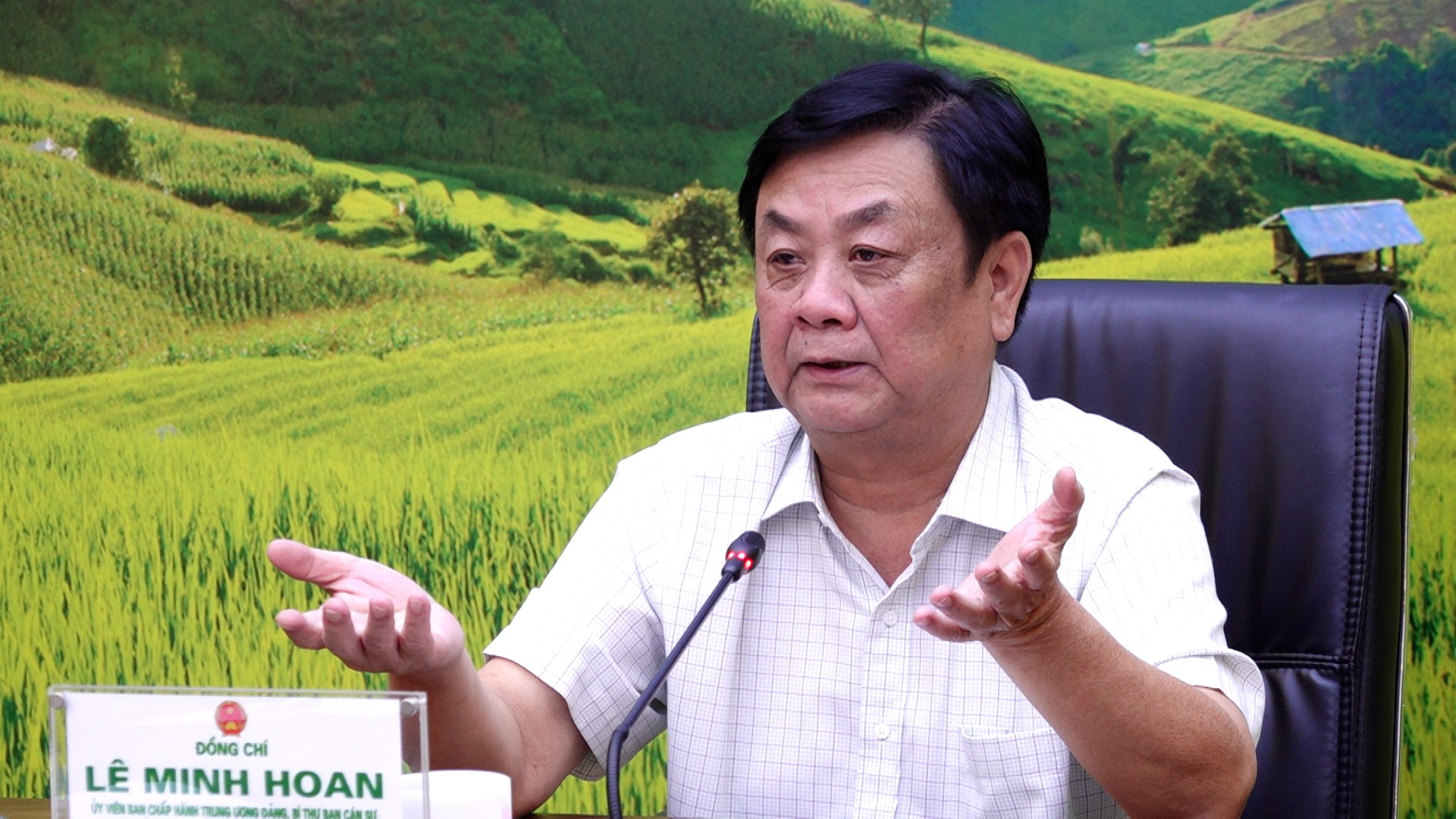
Minister of Agriculture and Rural Development Le Minh Hoan said: In the coming time, the Ministry of Agriculture and Rural Development (MARD) will continue to call for the sympathy, consensus, and companionship of VINAFIS and related associations. Photo: Quang Dung.
Mr. Nguyen Viet Thang, Chairman of VINAFIS, said that the seafood industry is now facing many difficulties in both production and export.
Regarding the exploitation and protection of resources, the State management has not promptly responded to production reality. Seafood resources, especially coastal resources, are declining, along with complicated weather developments, while the annual exploitation output exceeds the allowable resource exploitation capacity, production costs increase, and production efficiency is still low. Vietnam's exploited seafood products continue to be maintained under the EC’s "yellow card" warning, significantly affecting seafood exploitation activities. Specifically, many offshore fishing vessels have to stay ashore. The civilian presence of fishermen and fishing vessels on the waters and islands is not maintained regularly.
Regarding aquaculture, prices of feed, raw materials, and input materials have highly increased; logistics costs are high; and consumption demand has slowed down. These facts put pressure on production and business activities. Currently, shrimp production is facing difficulties. The shrimp production cost of Vietnam is higher than that of its competitors, especially India and Ecuador.
Regarding seafood processing and consumption, due to the slow recovery of the world economy after the COVID-19 pandemic, global consumption needs decreased sharply, including for seafood products. The market is shrinking, and some traditional markets are facing difficulties, leading to a sharp decrease in seafood exports in the first six months of 2023.

Mr. Nguyen Viet Thang, Chairman of VINAFIS, said that the seafood industry is now facing many difficulties in both production and export. Photo: Hong Tham.
To remove difficulties and obstacles in seafood production and business, Mr. Thang proposed four recommendations as follows:
First, MARD should soon develop policies to support workers in offshore fishing, including support for accommodation at sea and health insurance for fishermen to make fishermen feel secure when operating at sea, stabilize their livelihoods, and maintain the civilian presence of fishing vessels on the country’s waters and islands.
Second, MARD should assign functional units to conduct surveys and assess the current status of the workforce in fishing, including surveys on skilled workers and workers with degrees and working ages in fishing activities. Develop a support mechanism to train captains, chief engineers, and sailors to improve the quality of labor in fishing. Promote the transfer of technical advances in fishing in order to improve the efficiency and quality of products and reduce post-fishing losses.
Third, the Ministry of Finance should propose to the Government reducing the value-added tax on seafood production enterprises from 10% to 8% for all raw materials and products serving seafood. At the same time, postpone for 6 months the implementation of periodic regulations on the standard and regulation conformity to temporarily reduce costs. Postpone for 1 year or reduce 50% of union dues and monthly social insurance for businesses to join forces for production.
Fourth, the State Bank of Vietnam should further reduce lending interest rates for organizations and individuals producing in the fisheries sector because the interest rates have now been reduced but are still at a very high level. At the same time, expand the credit extension amplitude by 15-20% compared to the current level of credit for seafood enterprises that have collateral at the bank; soon disburse the credit package of VND 15,000 billion in the "Credit Program for Forestry and Fishery Products" to promptly support businesses. Research and supplement the subject supported by this credit package, who are aquaculture farmers. In addition, extend the maturity period by 6 months for businesses, which is a fundamental problem for businesses and farmers.
According to Mr. Nguyen Chu Hoi, Standing Vice Chairman of VINAFIS, the issue of "three fish”—fisherman, fishery, and fishing ground—has begun to be realized, and in the coming time, it is necessary to start with practice models to institutionalize through policy.
"Regarding the issue of fisheries, the problem of ‘three fish’ must be resolved. MARD should ask the Central to issue a resolution similar to agriculture. VINAFIS will restructure its organization to participate more in building and developing sustainable fisheries," Mr. Hoi proposed.

VINAFIS recommends that MARD promote the transfer of technical advances in fishing in order to improve efficiency and quality of products and reduce post-fishing losses. Photo: Hong Tham.
Mr. Hoang Dinh Yen, General Secretary of VINAFIS, said: "The issue of combating illegal, unreported, and unregulated (IUU) fishing is still facing many difficulties. A long time ago, management was almost relaxed, so fisheries developed spontaneously, leading to unbalanced development and exploitation output far exceeding resources."
Mr. Vu Dinh Dap, Chairman of the Vietnam Tuna Association (VINATUNA), said that "Currently, Vietnam's tuna sector is still manual, from exploitation to preservation, without much change. Although we have had many scientific topics and have invited foreign experts to exchange techniques, they cannot reach fishermen because most fishermen without training are quite conservative. Besides, due to poor preservation, it is difficult to increase the value of Vietnamese tuna."
“VINATUNA and businesses have strived for 7 years to build an eco-label for Vietnamese tuna. There is a high possibility that this label will be recognized by the end of this year, thereby increasing the value of Vietnamese tuna. However, our country's tuna industry in general is still developing a bit slowly," said Mr. Dap.
According to Director of the Department of Fisheries Tran Dinh Luan, in recent times, VINAFIS has made very practical contributions to the fisheries industry, such as drawing a fishery map for fishermen at sea, actively contributing to the development of legal documents, etc. We hope that VINAFIS will have more engagement with the fisheries industry in the coming time."
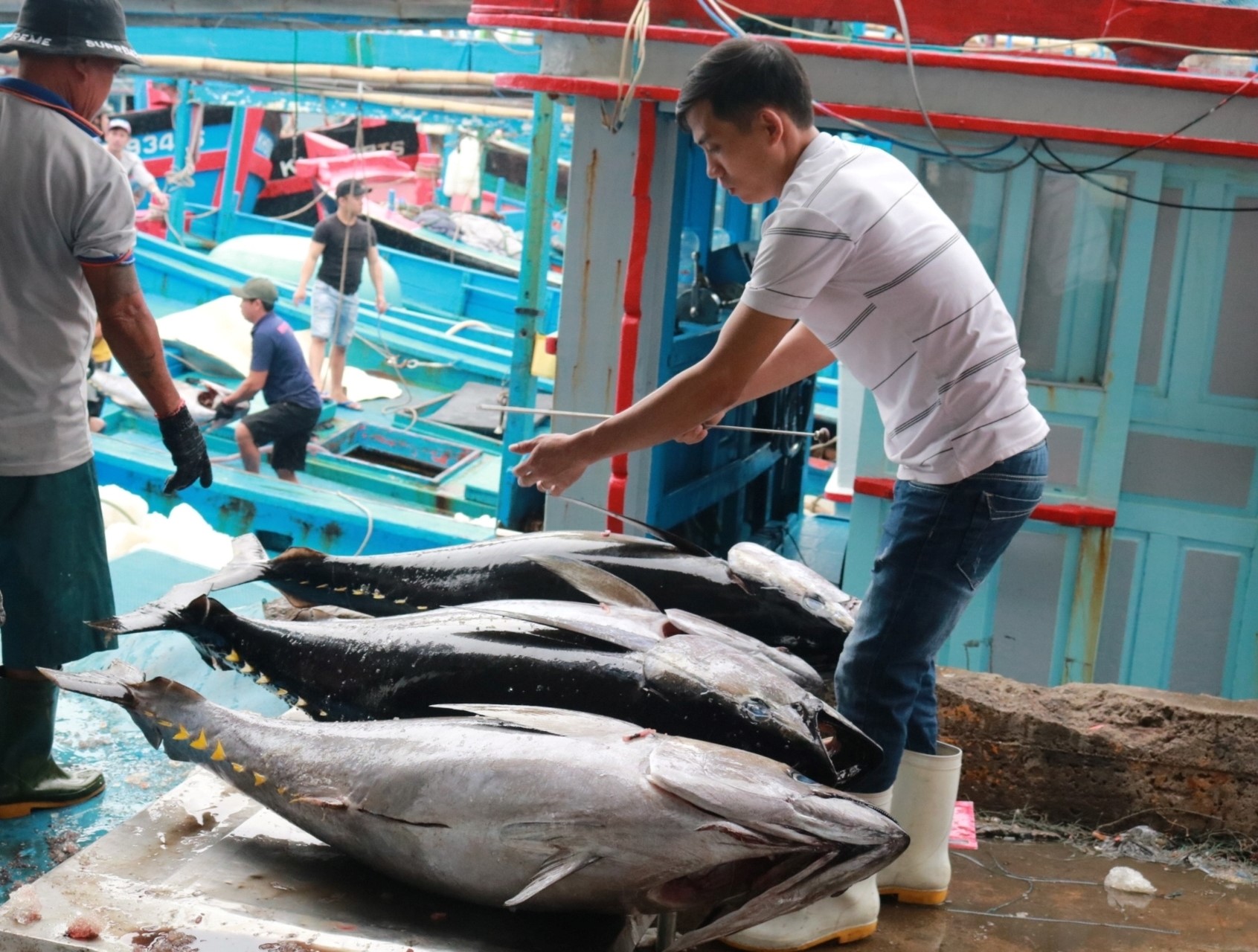
There is a high possibility that by the end of this year, Vietnamese tuna will be recognized with an "eco-label", thereby increasing the value of Vietnamese tuna. Photo: Kim So.
However, Mr. Luan also said, "We cannot take natural resources and then force the state to support us. This is the wrong approach, going against the world."
Mr. Luan said that, in the coming time, electronic traceability software will be implemented in fishing ports, taking the tuna chain in Binh Dinh as a pilot. Deploying electronic seafood traceability software for fisheries helps increase the accuracy and transparency of product information.
Speaking at the meeting’s conclusion, Minister of Agriculture and Rural Development Le Minh Hoan said: "I am very enthusiastic about industry associations. Without industry associations, there is no State. In the industry structure, the role of industry associations is extremely important".
"In the coming time, MARD will continue to call for the sympathy, consensus, and companionship of VINAFIS and related associations. The Ministry also assigns the Department of Fisheries to write the "Three Fish" project. Let's work together on this project; only then will we be able to escape state thinking. Instead of this, there will be a combination of state thinking and market thinking," the Minister emphasized.
Minister of Agriculture and Rural Development Le Minh Hoan said: "We must courageously admit that association thinking and community thinking are still very weak, even among businesses and farmers. The State's approach towards associations is also inconsistent. It's time for us to redefine the thinking of associations to join forces."
Translated by Huyen Vu Thu
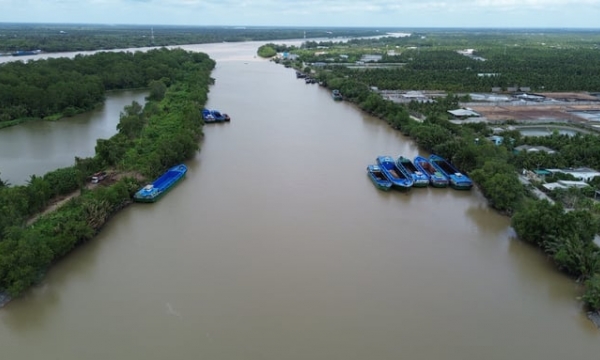
(VAN) Vietnam and the Mekong Delta region are most severely affected by climate change and sea-level rise compared to other areas.
/2024/05/07/4408-1-153647_55.jpg)
(VAN) This goal is prioritized in the Prime Minister's Decision No. 376/QD-TTg dated May 4 approving the regional planning for the 2021–2030 period, with a vision to 2050.
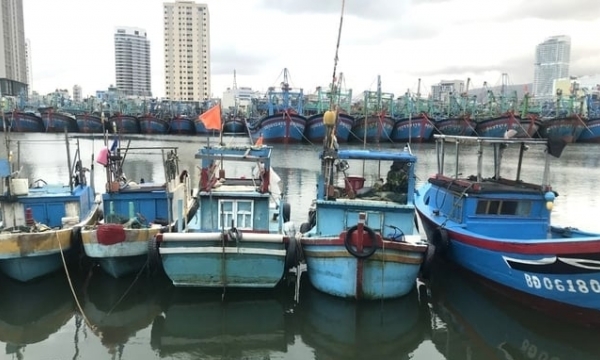
(VAN) Binh Dinh province will salvage approximately 340 dilapidated wooden fishing vessels, vessels engaged in destructive fishing practices and vessels at high risk of IUU violations.
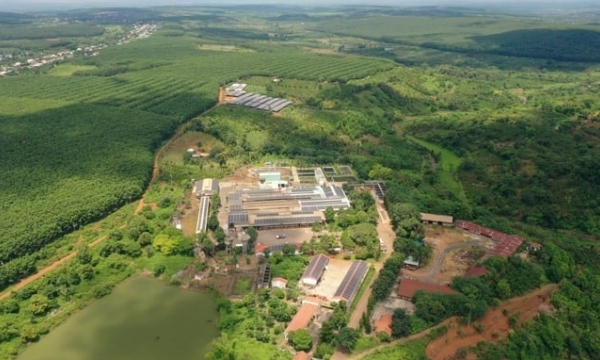
(VAN) Prime Minister Pham Minh Chinh signed a Decision on May 4, 2024, approving the plan for the Central Highlands region for 2021 - 2030.
/2024/05/07/4241-1-003249_546.jpg)
(VAN) There will be two sub-regions of economic and social development in the Red River Delta (North and South of the Red River). Hanoi Capital will be a globally connected central city.
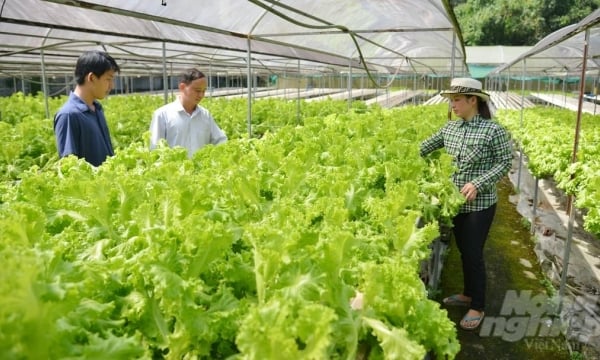
(VAN) This is one of the development directions for agriculture, forestry, and fisheries outlined in the approval of the Southeast region planning for the period 2021-2030, with a vision to 2050.
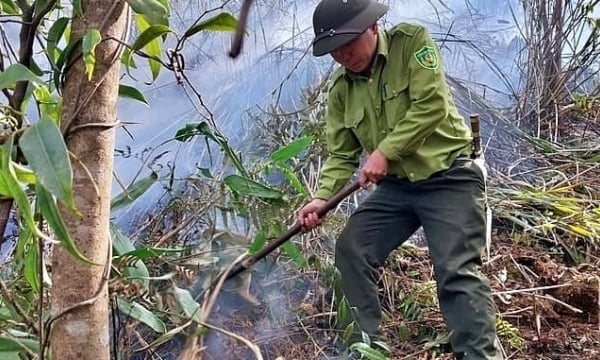
(VAN) In its forthcoming period of midterm public investment, MARD proposes prioritizing spending on forest protection and management, in addition to wildfire prevention and control.